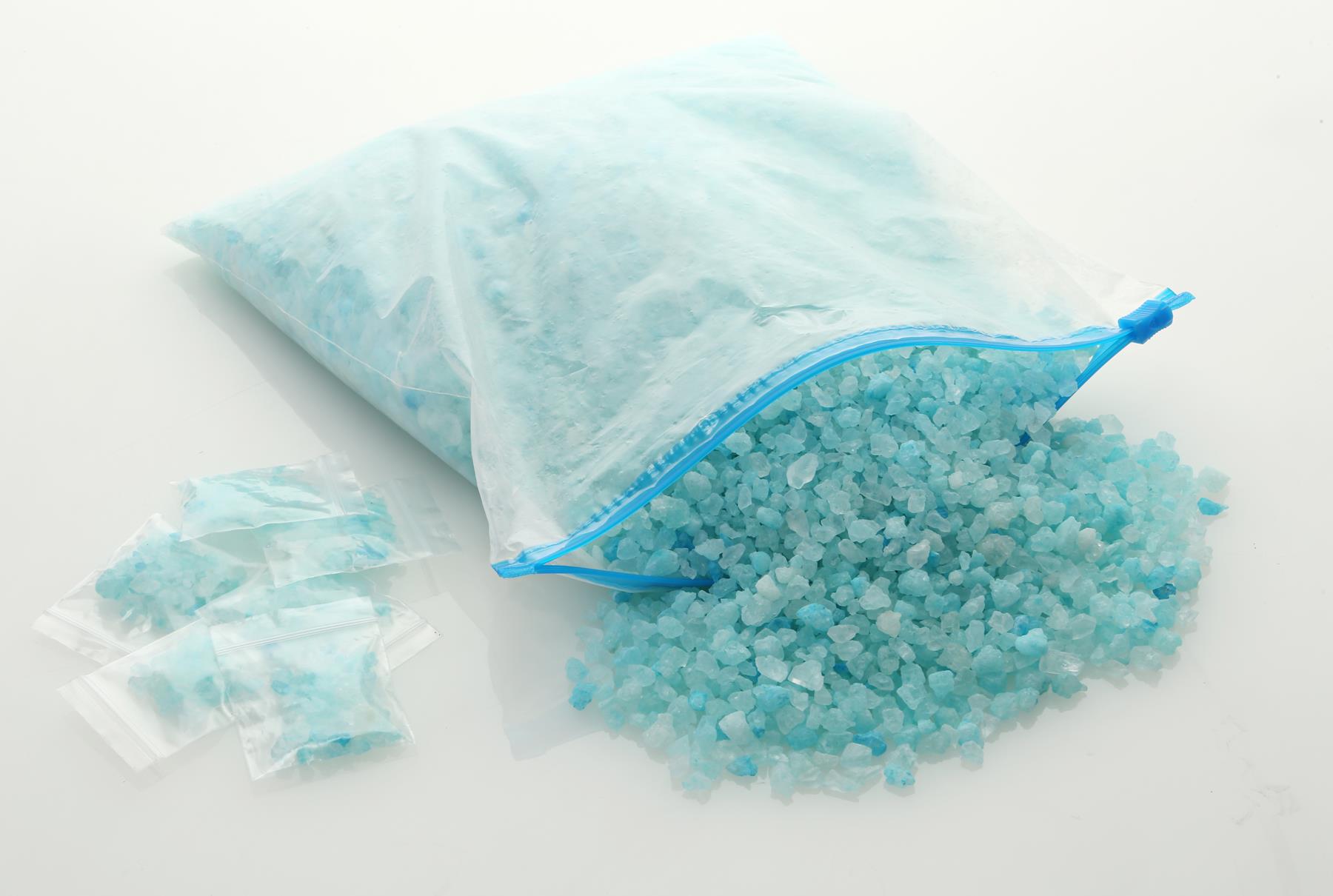This is my personal webpage, where I post unimportant stuff I feel like sharing in a text format. As of now, this page has 2 sections:
Epigraphs
Sometimes I worry that I’m not the hero everyone thinks I am.
The philosophers assure me that this is the time, that the signs have been met. But I still wonder if they have the wrong man. So many people depend on me. They say I will hold the future of the entire world on my arms.
What would they think if they knew that their champion - the Hero of Ages, their savior - doubted himself? Perhaps they wouldn’t be shocked at all. In a way, this is what worries me most. Maybe, in their hearts, they wonder - just as I do.
Jumpscare Button
They always come back
Uncle White’s world renowned recipe for blue sugar glass


This recipe is adapted from a recipe by Elizabeth Labau posted on Sugar Hero.
Ingredients & Equipment
- Corn Syrup
- Granulated Sugar
- Clear Flavoring Extract
- Blue Gel Food Coloring
- Candy Thermometer
Instructions
- Combine water, light corn syrup, and granulated sugar in a medium saucepan over medium-high heat.
- Stir until the sugar is moistened and dissolves.
- Brush down the sides of the pan with a wet pastry brush – this will remove any stray sugar crystals. Sugar crystals in the pan can cause your whole batch to crystallize.
- Once it comes to a boil, insert a candy thermometer. From this point on, do not stir the candy.
- Cook the candy until it reaches 143 C on the thermometer. It should be a light yellowish color.
- Immediately remove the pan from the heat. Let it sit for a minute, until the rapid bubbling stops, then add flavoring extract and blue gel food coloring.
- Stir well until the color is evenly distributed.
- Pour the hot candy out onto a baking sheet covered with foil. You can spread it into a thinner layer with the spatula if you’d like.
- Let the candy cool completely at room temperature, until it is set and hard.
- Use a knife or kitchen mallet to smash it up into smaller pieces.
- Remember, this candy is easiest to "eat" in small pieces.
- Distribute this in small plastic bags to your "friends".